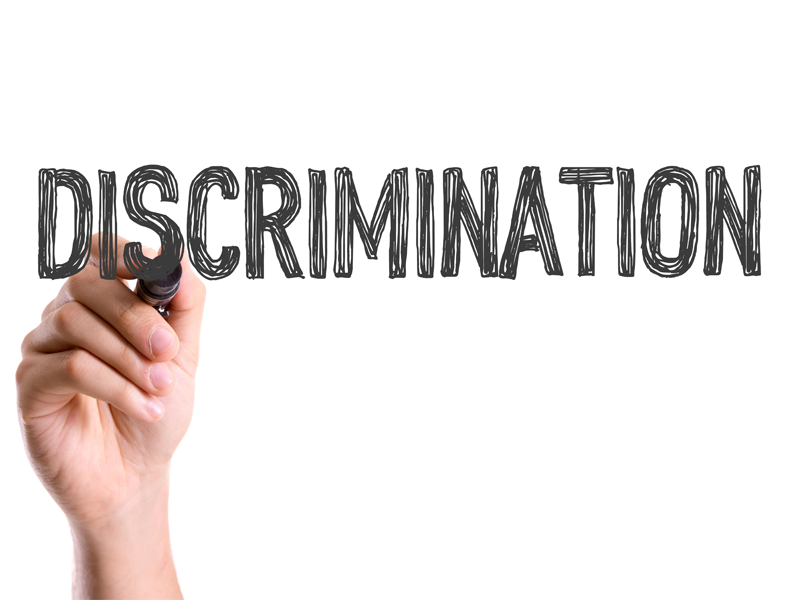Conversations about identity—particularly sexual, gender, and personal identity—often intersect with discussions of faith in today’s world. At the center of many of these debates is the Bible, a sacred text for millions, which is frequently quoted in arguments about what is and isn’t righteous. But in a time where lines between morality and judgment are often blurred, it’s worth asking: What does the Bible really say about identity? More importantly, have we been reading it with clarity or through the filters of tradition, fear, and human bias?
Understanding Righteousness Beyond Behavior
Righteousness, as often portrayed in the Bible, isn’t merely about following rules or checking off moral boxes. It’s a relational concept—centered on a person’s connection with God and how that connection reflects in their treatment of others. While modern interpretations can narrow righteousness down to visible actions, the biblical view is far more holistic. Righteousness isn’t perfection. It’s authenticity, honesty before God, and the pursuit of justice, mercy, and humility.
When righteousness is misrepresented, it becomes a weapon. Instead of a spiritual path, it’s used to create divisions, promote exclusion, and suppress those who do not conform to traditional identities. This misrepresentation becomes especially harmful when applied to discussions about personal identity—be it racial, sexual, gender-based, or even cultural.
Identity: A Divine Blueprint, Not a Mistake
The Bible opens with a powerful declaration: all of humanity is made in the image of God. This simple yet profound truth tells us that every person carries sacred value and divine imprint. Identity, then, is not something to be feared or suppressed but something to be understood, respected, and affirmed.
Yet, many communities of faith struggle with accepting identities that challenge long-held norms. Too often, difference is mistaken for deviance. But if we take scripture seriously, then we must also take seriously the idea that God created variety with purpose. Diversity in identity—across race, ability, gender, and orientation—is not an accident. It is a reflection of divine creativity.
Misinterpretation and Cultural Filters
Many of the most commonly cited biblical verses about identity—especially in relation to gender and sexuality—are deeply rooted in cultural contexts that are vastly different from today’s society. Yet, these scriptures are often interpreted in rigid, literal ways, ignoring the historical settings, language nuances, and broader themes of love, justice, and grace.
When verses are pulled out of context and used to police identity, they lose their spiritual depth and become tools of oppression. The Bible is not a book of soundbites. It’s a complex, multi-layered conversation between God and humanity across centuries. To understand it well requires humility, patience, and a willingness to ask hard questions without rushing to easy answers.
The Role of Compassion in Righteousness
One of the clearest themes in the teachings of Jesus is compassion. He spent time with those who were marginalized, misunderstood, and labeled as unclean or unrighteous by society’s standards. He challenged the religious authorities of his day not for their lack of rule-keeping but for their lack of empathy. He reminded them—and us—that righteousness without love is empty.
This should lead us to reconsider how we talk about identity. Is our understanding rooted in compassion or control? Do our interpretations draw people closer to love, or do they push them away through shame and judgment? When in doubt, the example of Jesus offers a guiding question: are we loving others the way we want to be loved?
Embracing Sacred Complexity
Identity is not always simple. It can be fluid, evolving, and deeply personal. For some, this journey is filled with joy and acceptance; for others, it comes with struggle and rejection—especially from religious communities. But complexity is not incompatible with faith. In fact, the Bible is filled with stories of people who wrestled with who they were, where they belonged, and how they fit into God’s plan.
Abraham doubted. Moses resisted his calling. Ruth crossed cultural lines. David made grave mistakes. Mary broke social expectations. Paul underwent a total transformation. The sacred story is filled with people who didn’t fit the mold but still found belonging in God’s work.
This tells us something crucial: righteousness is not about being static or socially acceptable. It’s about living truthfully and courageously, rooted in a desire to walk in step with the divine—regardless of how others define us.
Final Thoughts
To rethink righteousness is not to abandon scripture—it’s to return to its deeper message. The Bible calls us to move beyond fear-driven religion and into a life marked by mercy, authenticity, and radical grace. It invites us to see people not as categories but as beloved creations of a God who is far bigger than our comfort zones.
When we begin to view identity not as a threat but as a sacred expression of divine intention, we make room for a fuller, richer understanding of faith. And in doing so, we reclaim righteousness as it was meant to be: a reflection of justice, humility, and love.



